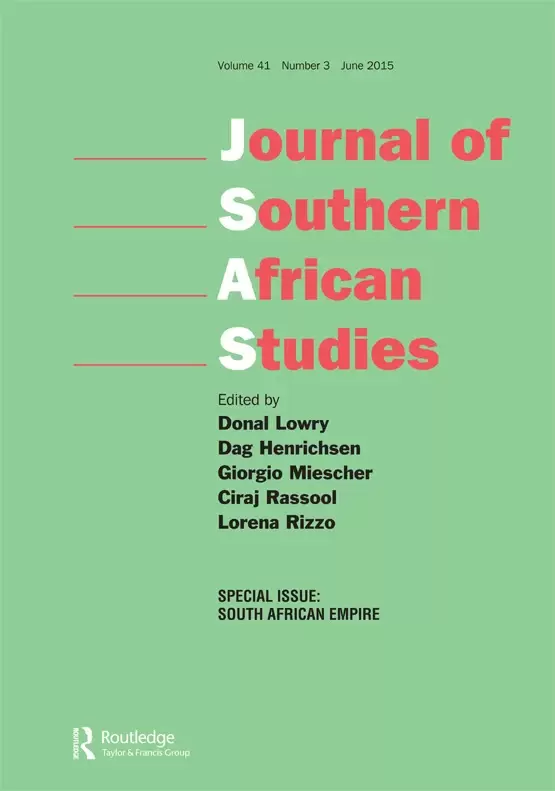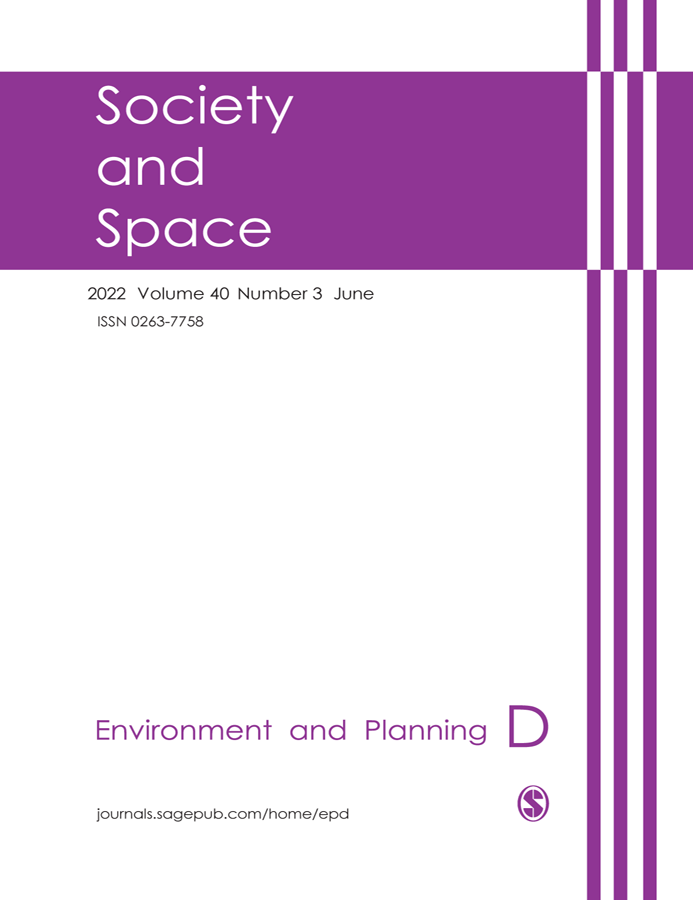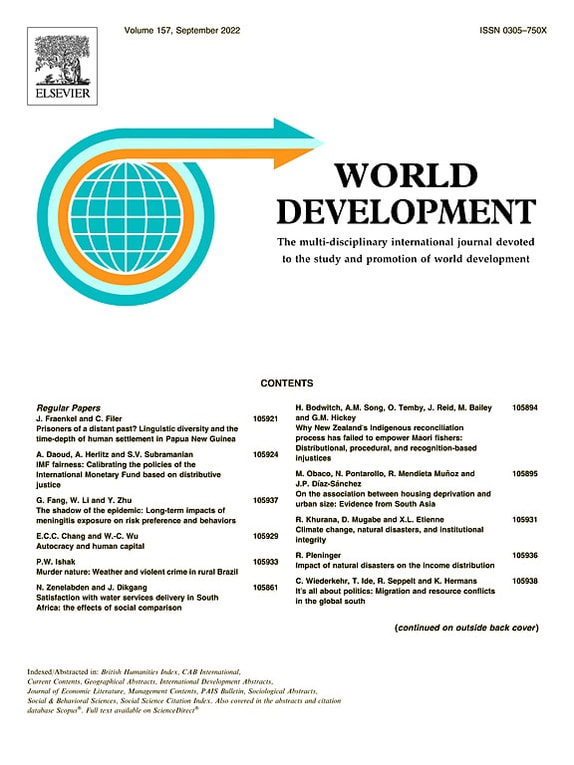About Me
|
I am a human geographer interested in the collision between normative assumptions about cash transfers as public goods and the lived experience of cash transfers as private debts in the Global South. My work sits at the intersection of political economy, critical development studies, critical race theory, feminist kinship studies, and postcolonial science & technology studies.
My current project, Separate Development: Debt, Race and Repair in South Africa (under contract with Duke University Press), explores how a preeminent, state-sponsored cash transfer program has become a means of racialized and gendered dispossession in post-apartheid South Africa. I examine the everyday practices by which poor Black South African women navigate their entitlements to social assistance against the pressures of debt built into the payment system. I am a Lecturer (Assistant Professor) in the Department of Geography at the University of the Western Cape in South Africa and an Honorary Fellow in the Department of Geography at Durham University in England. In addition to academic work, I have consulted for the Black Sash and Open Secrets on the South African social grant system. In this role, I have presented my research to the Panel of Experts appointed by the Constitutional Court, the National Credit Regulator, the South African Social Security Agency, and the Department of Social Development. I have also published op-eds in Counterpunch, Znet, GroundUp, The Daily Maverick, and The Mail and Guardian, and co-wrote a documentary for Cutting Edge on SABC1. |










